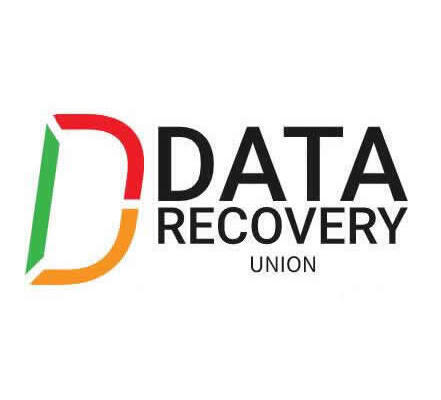
Data Backup! Data Disasters Happen Every Day
 Earthquakes, tornadoes, floods, and tsunamis. While recent natural disasters may remind business leaders about the importance of continuity plans, most CEOs may not realize that data disasters occur every day, and the repercussions can be devastating.
Earthquakes, tornadoes, floods, and tsunamis. While recent natural disasters may remind business leaders about the importance of continuity plans, most CEOs may not realize that data disasters occur every day, and the repercussions can be devastating.
Data backup is easily one of the most critical elements of a complete disaster recovery plan. For example, a 2009 study by MetaGroup cited that just 6% of businesses survive catastrophic data loss.
A 2007 MetaGroup study found that only 3% of data losses occur due to natural disasters; 97% are due to mechanical failure or human error, both of which are far more common. Fortunately, the preparation for both types of disasters is much the same.
In planning for disaster recovery, CEOs should consider five important questions:
What systems and information are absolutely critical to running your business day-to-day? Emails? Accounting data? Customer records? All of the above?
Understanding what data is mission-critical may just save your business in a disaster. Evaluating the importance of your data will help determine what needs to be quickly accessible and what isn’t as critical, which will help you control data storage costs.
How long could you operate without that data before your business suffered? A few hours? A day? Several days?
Data backed up to tape rather than a cloud-based platform could take several days to be restored. There’s no reason to wait that long today with solutions that allow you to recover data within minutes.
When is your data backed up? Multiple times a day? Every day?
Understand approximately how many hours’ worth of data you risk losing.
Where and how is your backup data stored? On site? Off site? Out of market?
Data should be backed up in multiple locations, including somewhere out of the area. If your city were flooded, tapes stored at your office or even elsewhere in your same city might prove worthless. The best bet for many business owners is a solution that allows you to back up your encrypted data via the cloud, safely, to locations off-site and out of the area.
Who will retrieve your data in the event of a loss?
In a natural disaster, your key personnel may be wearing several hats. Have a specific person designated for data recovery. Even better, choose a company that will manage your data recovery for you, lifting that burden from your shoulders.
Bottom line: Businesses with continuity plans outlining where they will go and what equipment they will use may be ahead of the game, but if they don’t know how they will recover their data, those plans won’t really matter.
Gayle Rose is founder and CEO of Electronic Vaulting Services, a cloud backup and recovery company.
